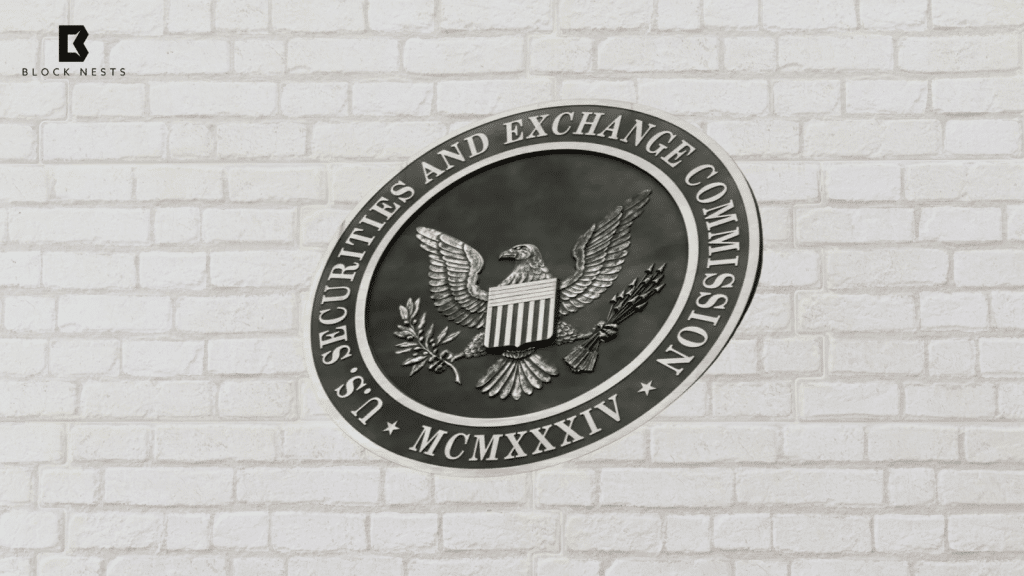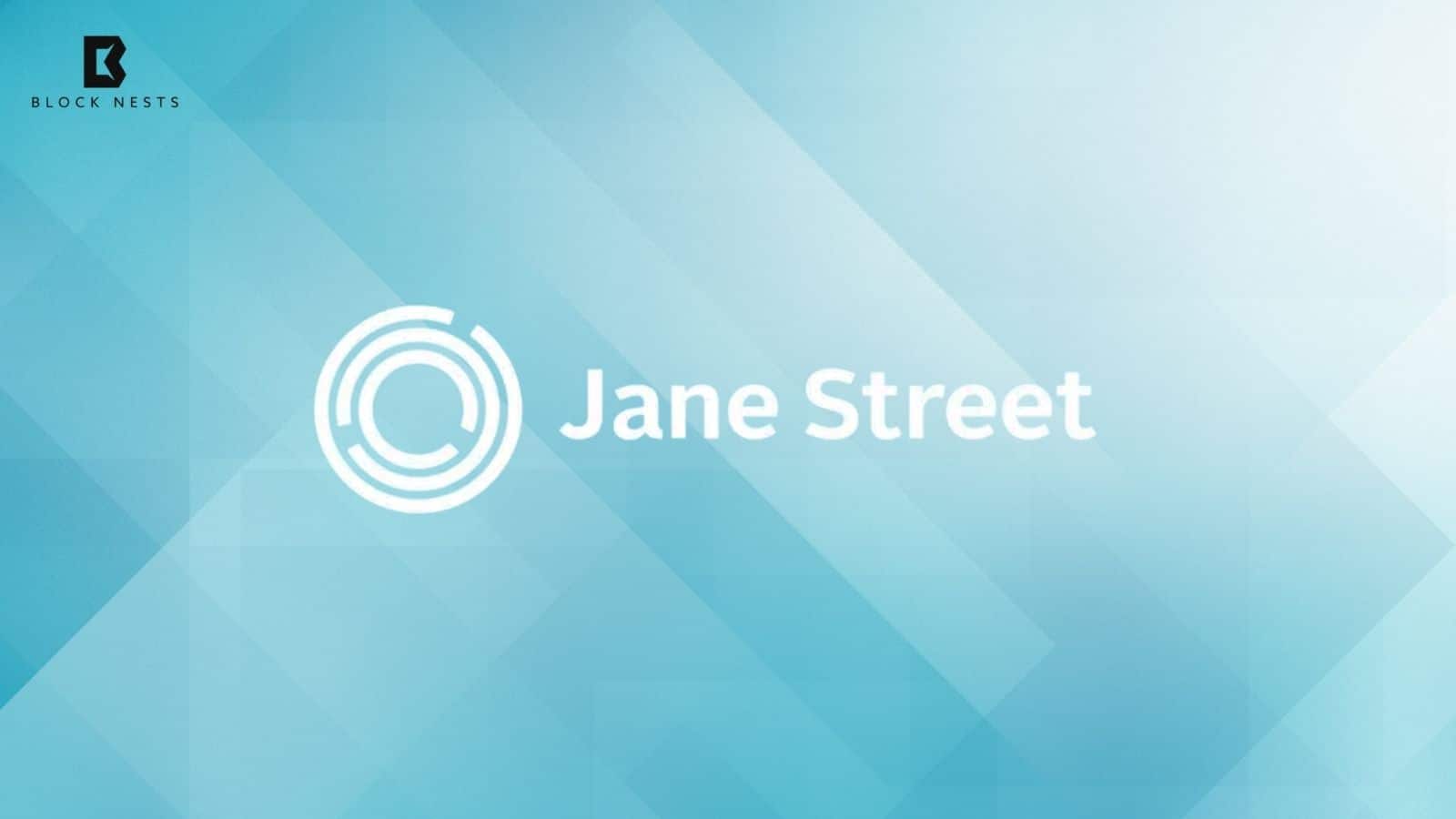- Ripple regains SEC approval for unlimited private capital raising.
- SEC waiver removes Ripple’s long-standing “bad actor” restriction.
- Rule 506 reinstatement boosts Ripple’s institutional fundraising options.
According to recent updates, Ripple has regained the ability to raise unlimited private capital after the U.S. Securities and Exchange Commission removed its “bad actor” disqualification. The waiver restores the company’s eligibility to use Rule 506 of Regulation D, a key fundraising tool for private offerings.
The SEC’s ruling reverses the limitations placed after a permanent injunction issued by Judge Analisa Torres on the grounds that the securities law was violated. This injunction automatically prohibited Ripple from using the exemption, and thus, it could not raise large-scale funds from accredited investors without complete SEC registration.
These limits may hamper the process of raising funds in the case of private companies, especially in the technology and blockchain sectors. In the absence of the waiver, Ripple would not have been capable of utilizing this avenue for over five years.
Also Read: Coinbase Set to Raise $2B with Major Convertible Notes Offering – Details Inside
Restored Access to Rule 506 Opens Major Funding Opportunities
With this exemption now back, Ripple can now go to institutional and accredited investors to access major funding rounds. It is also cheaper and quicker than a public offering, and thus an attractive option when a company wants to grow.
Many startups and cryptocurrency companies use Rule 506 to raise capital prior to going public. Through the waiver, Ripple will now fund its strategic ventures, grow its operations, and expedite the development of its products in the digital asset sector.
The ban lift also removes the stigma that accompanies the label of bad actor, which is one of the factors that frustrates potential investors. Ripple is now able to negotiate and execute closed investment deals without regulatory fears that may have caused a hitch in negotiations.
According to industry analysts, this move will help Ripple to be more competitive in terms of attracting privately held capital. It also offers the dynamism of being able to structure funding deals in accordance with market conditions and investor interests.
The SEC action puts Ripple in a pivotal position since it has opened the door to one of the quickest capital-raising methods under U.S. securities law. Such evolution may become a core part of the company’s growth strategy and competitiveness in the international blockchain market.
Also Read: Binance Launches ALLUSDT Composite Index Perpetual Contract with 75x Leverage
How would you rate your experience?






